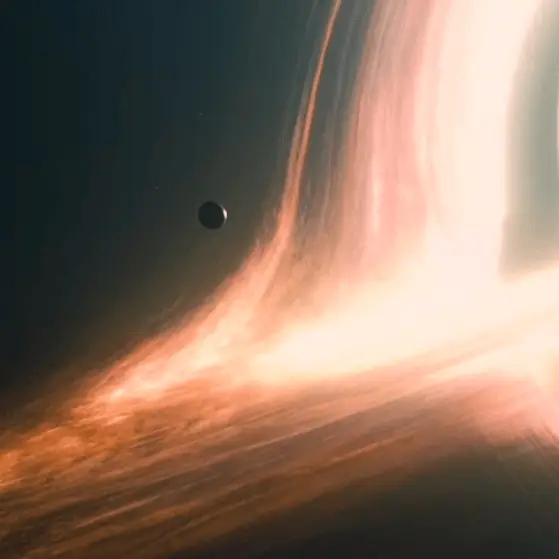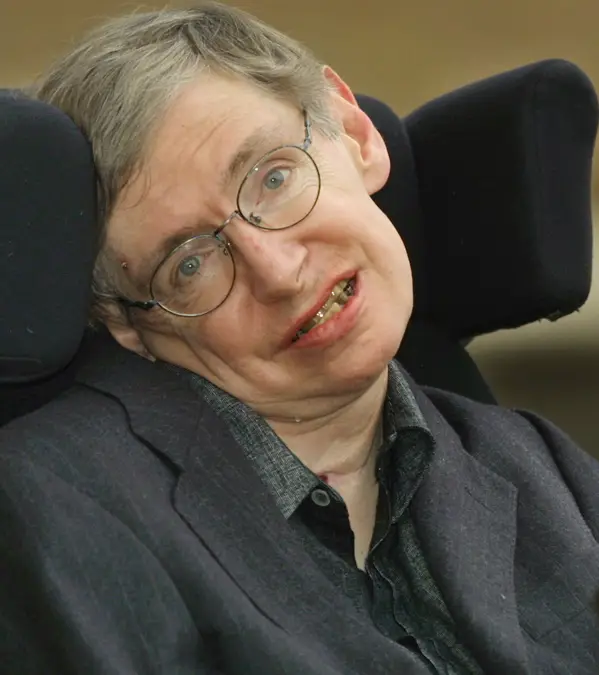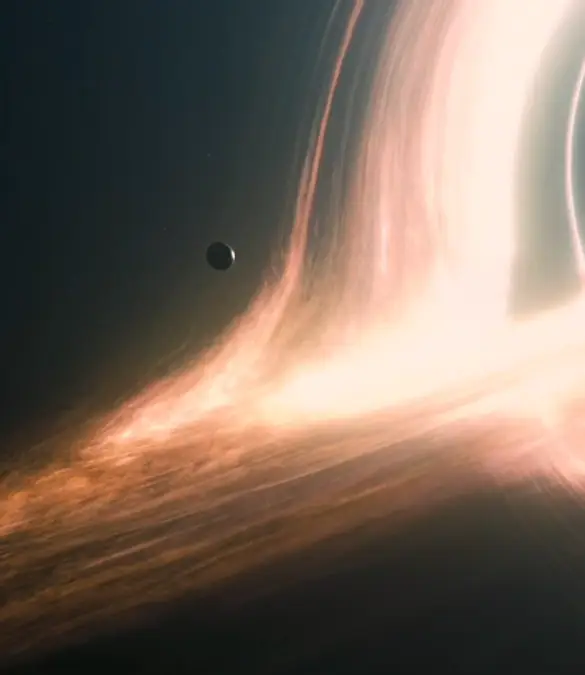
To our knowledge, studying black holes been limited to observations in space. However, scientists have managed to simulate a black hole to test Stephen Hawking's theory - and it worked.
A team of physicists from the University of Amsterdam conducted an experiment to explore black hole behaviour in a controlled setting - by creating a simulated event horizon.
An event horizon is an astrophysics term that basically describes a 'boundary' whereby the events cannot affect the observer.

Advert
The Dutch scientists created a simulation by using a 'single-file chain of atoms' to replicate the event horizon of a black hole.
Now, according to quantum field theory, there's 'no such thing as an empty vacuum'. There must be some form of energy contained in a black hole.
The vacuum holds tiny vibrations that - given enough energy - can burst into particles randomly. When these particles pair together with something called anti-particles, they burst and produce light.
According to a report from Science Alert, this glow put off a rare form of radiation that was first theorised by late Professor Stephen Hawking.
The theory states that the black hole's tearing of space time creates disturbances in quantum fluctuations, creating photons on the borders which can emit radiation. This is known as Hawking radiation and explains the glow of the black hole that the scientists observed.
The particles are significant to the emitting of Hawking radiation. But so is the randomness and uncertainty of the particles' behaviour. The chaotic movement of the particles and dynamic time causes an imbalance of energy across the field.

Interestingly though, the Dutch scientists explained that the glow of light only occurred in part of the chain extended beyond the event horizon. This means that this glow may only occur in certain situations when there is a gravitational change in space-time.
When dealing with large and complex concepts like black holes, simulated experiments that are able to recreate and test them is extremely useful. The factors can be controlled and monitored in a way that allows cause-and-result to be determined.
All in all, the scientists didn't just provide supporting evidence for Hawking's quantum theory - chaotic particle behaviour - but also gave validation for Einstein's relativity theory.
Building on these findings, physicists have started searching for Hawking radiation in experiments that replicate some extreme conditions. For example, using laser-confined atoms to create virtual particles in certain simulation experiments - in a 'wave-like form of excitations'.